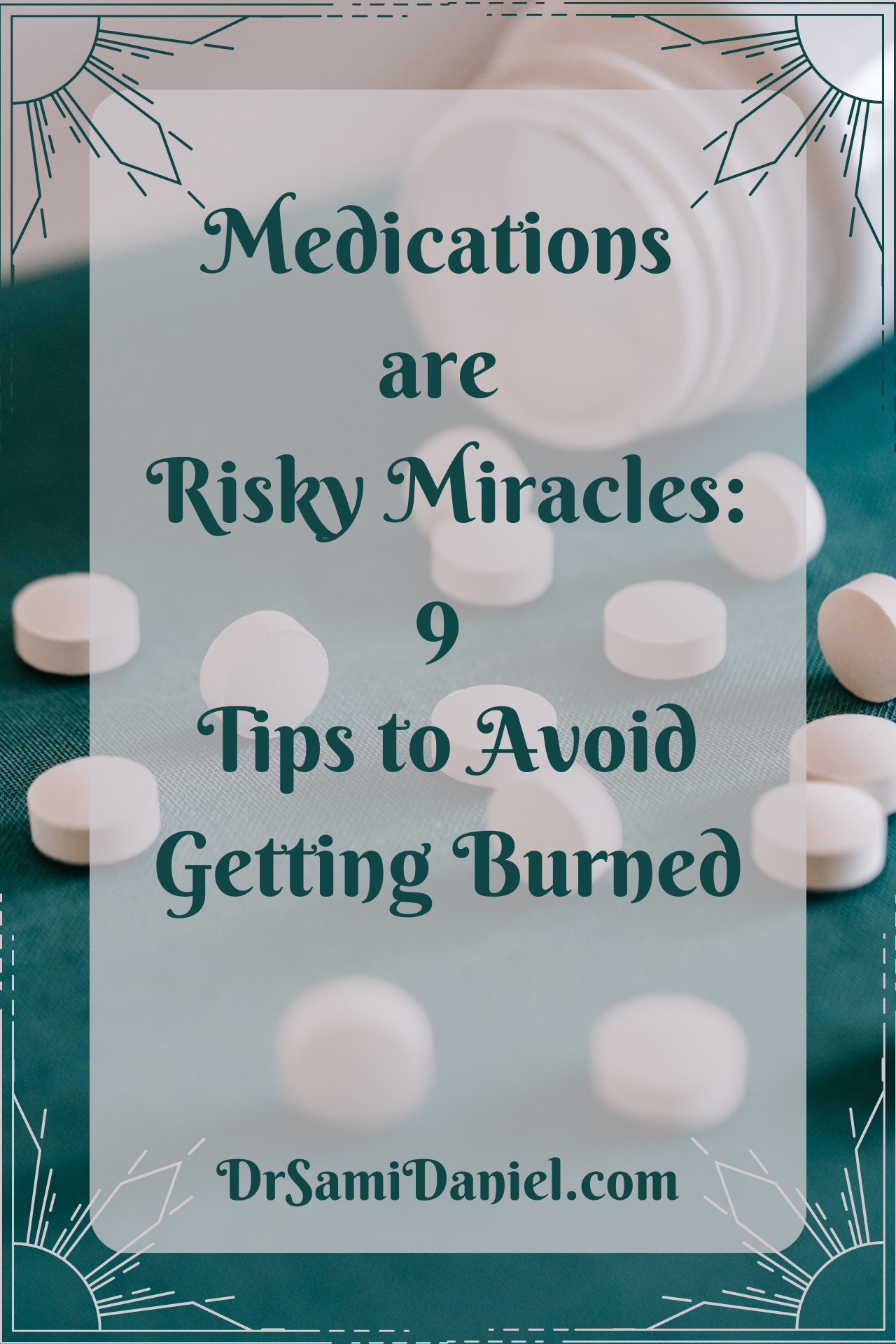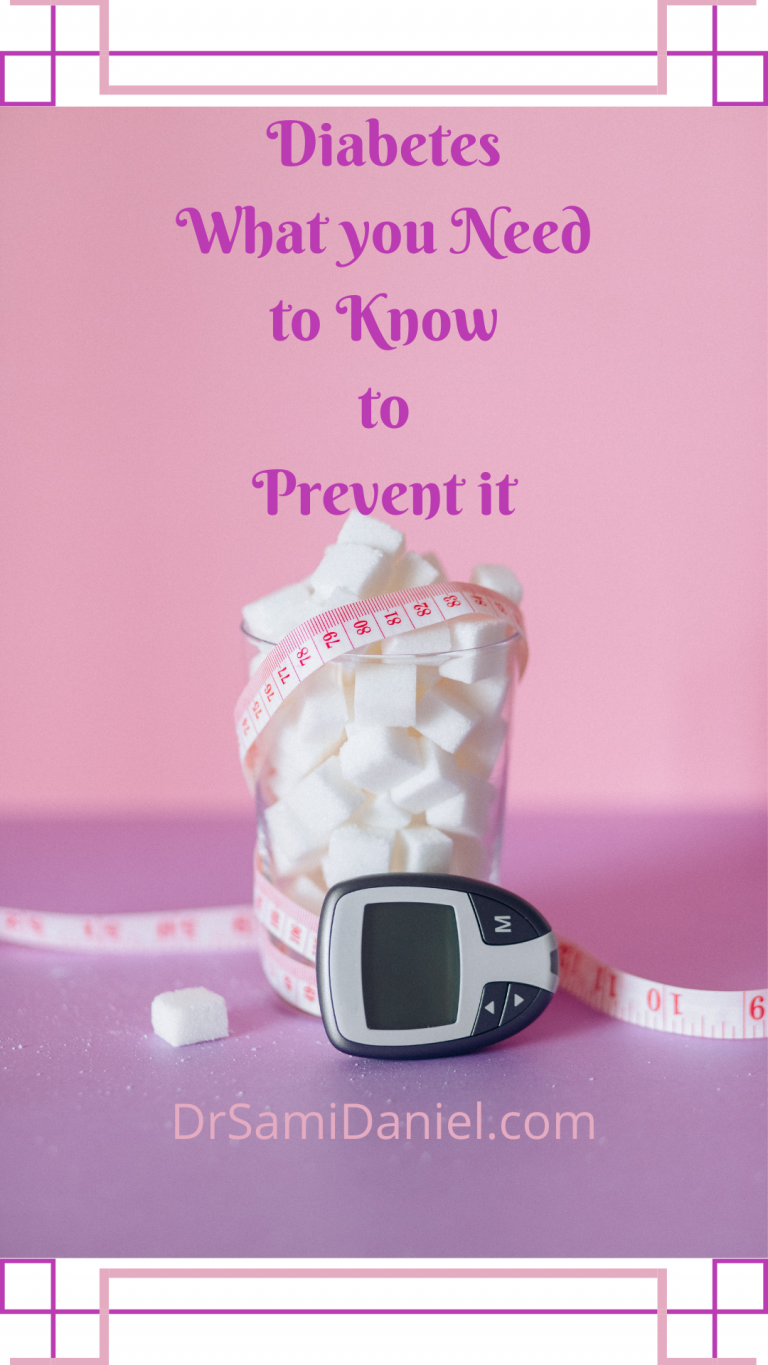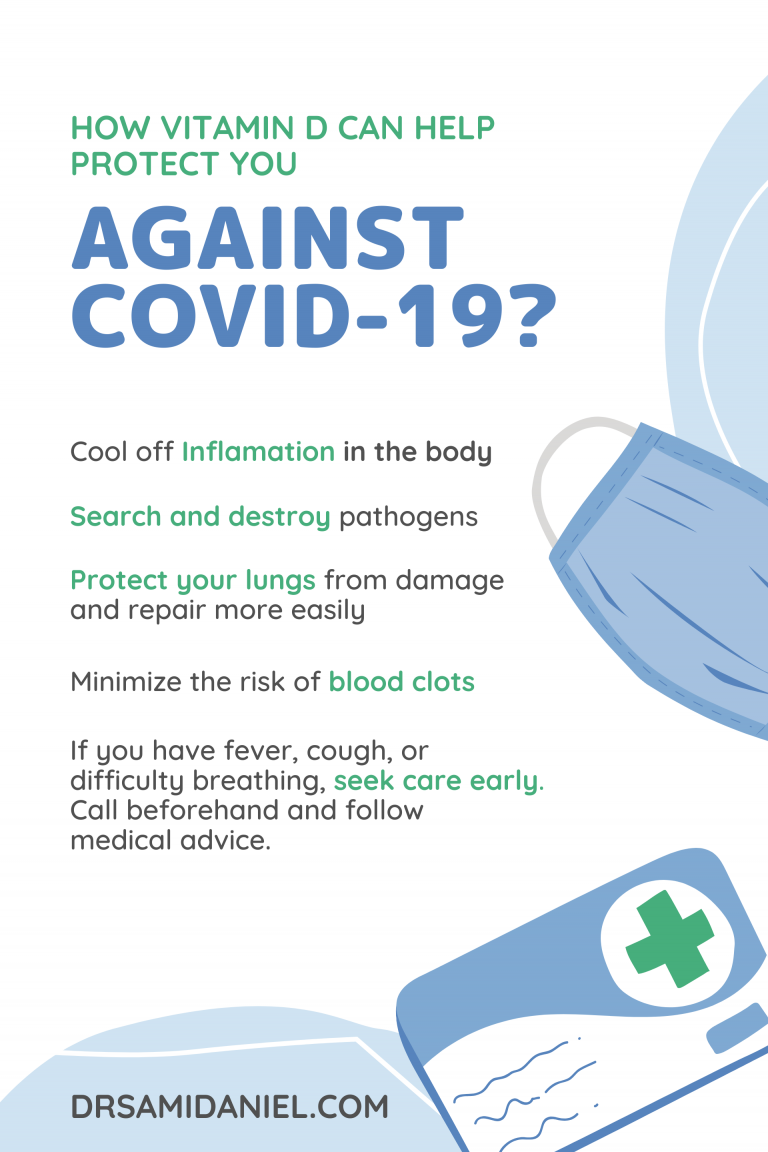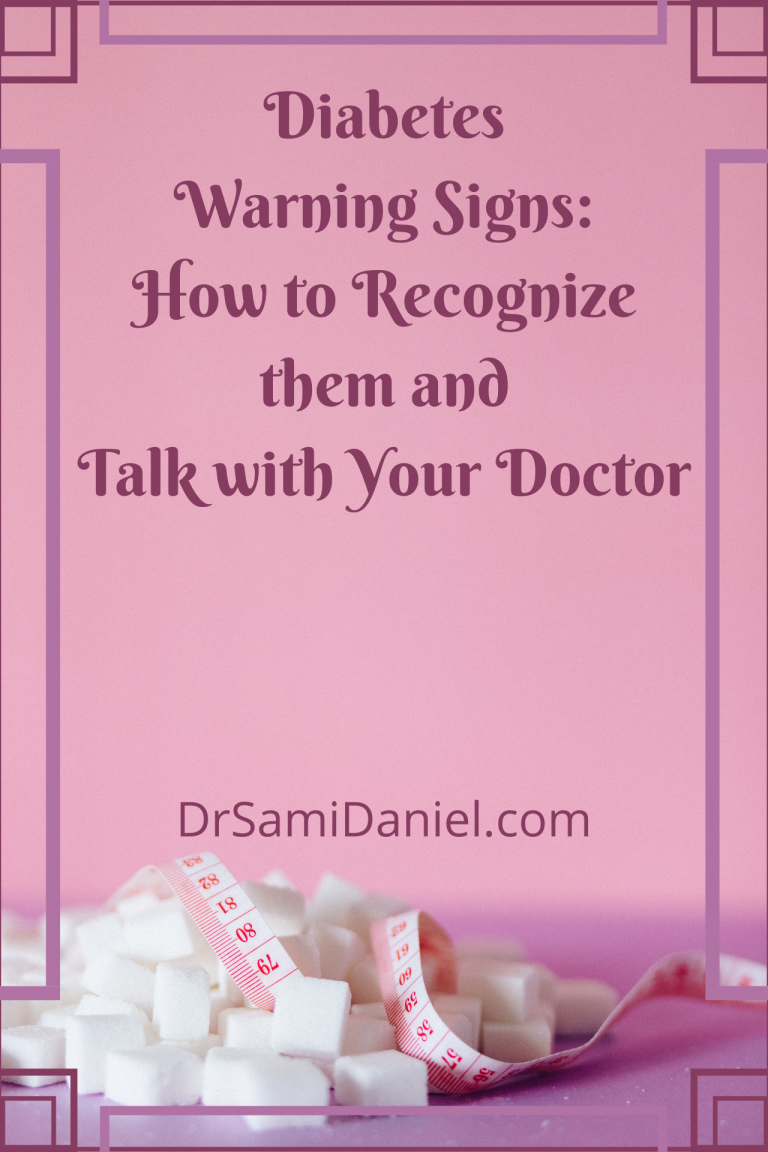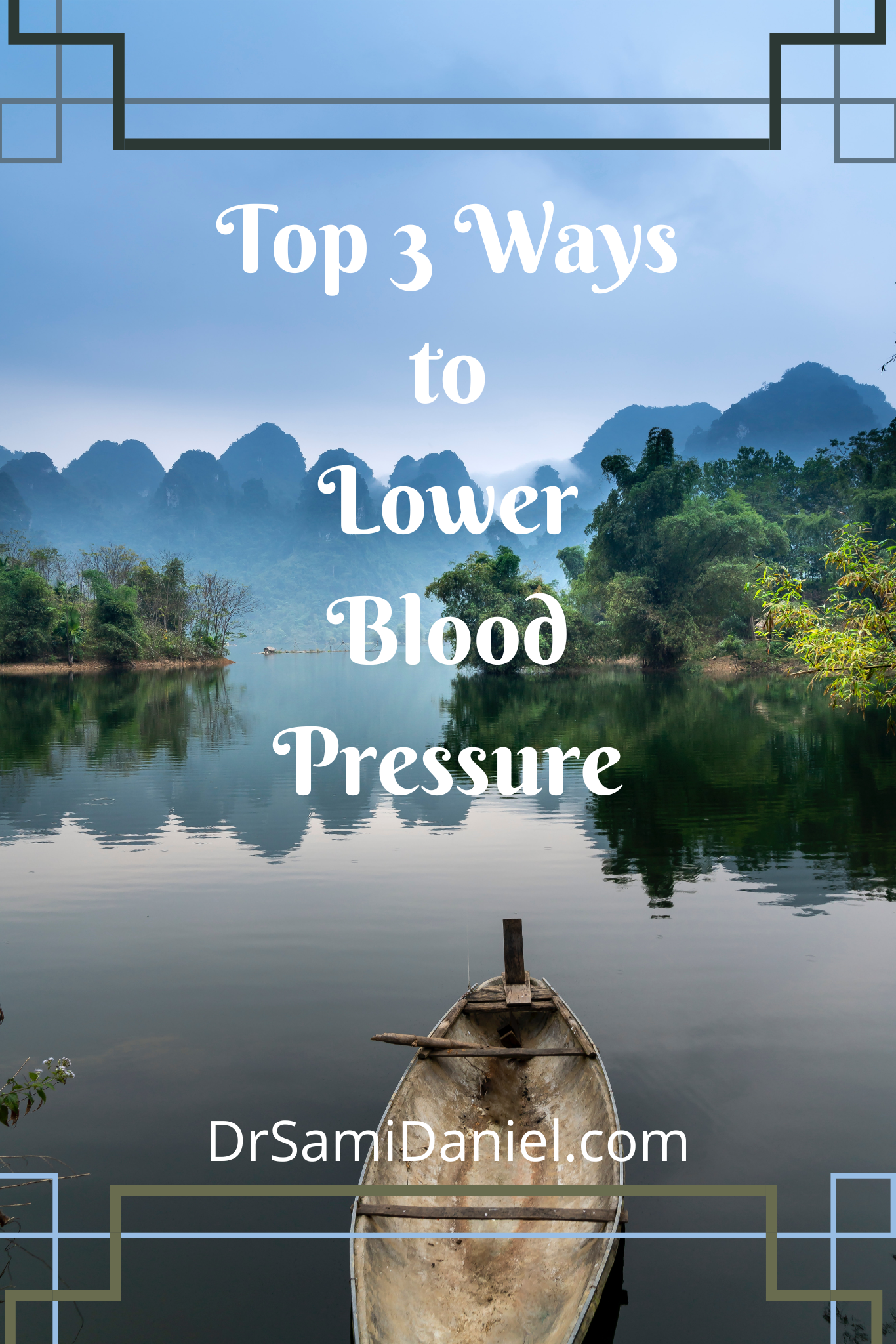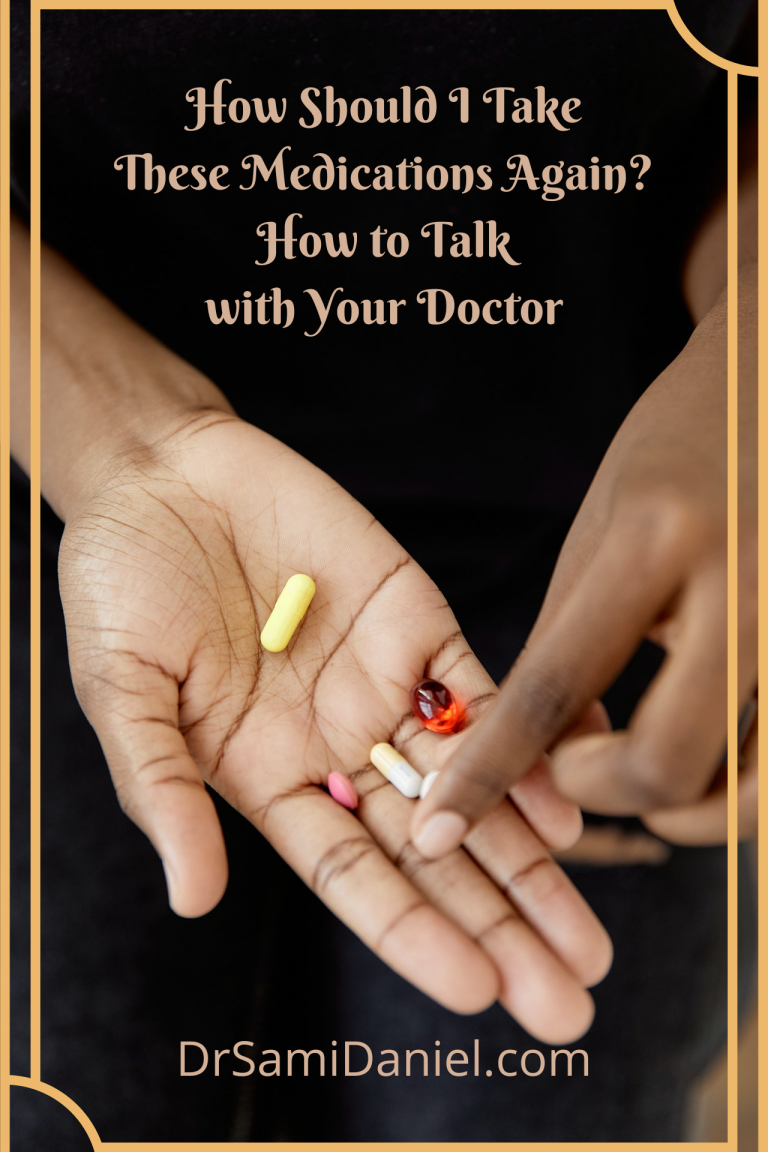9 Tips to Avoid Getting Burned by Medications
How many people think that money is the only reason the Doctor asks you to come into their office?
Why else would the Doctor ask you to come in every 3 to 6 months? Sometimes more!
Why do you have to lose money twice by calling off work and paying for copays?
You’ve been on your medications for years without any side effects. Why would the Doctor need to check on them and change the dose?
They shouldn’t hold your medications as ransom to get you into the office for “a check-up”; which sounds like a secret code for “I want more money!”
You’ve got a family to feed and rent to pay. You don’t have the time or the finances for another check-up.
Let’s stop… take a deep breath… and let it out.
Alright… you make some good arguments.
You have the right to be infuriated.
The unfortunate truth is that some Doctors do not have honest motivations.
If you find yourself with such a Doctor, I encourage you to start looking for a new Doctor.
However not all Doctors are money-grubbing people.
Doctors come into the profession because we feel the call to help others heal and be well.
This means that Doctors work hard to ensure you remain healthy and vital.
Doctors must constantly balance risk and reward for all treatments; medications are no exception.
Medications are Risky Miracles in a Pill
You may never be in any real danger except for the one you create for yourself.
Always talk with your Doctor because your Doctor knows things you don’t know.
- Medications are risky because they come with potentially dangerous side effects.
- The Doctor intends to use the miracle of medications to minimize complications and to help you live a brilliant life!
- However the Doctor knows that medications come with side effects; Hence all the WARNING labels inside the packaging.
- Therefore your Doctor balances the risks with the benefits of all prescribed medications.
- However the Doctor’s obligations do not end when prescriptions are sent to the pharmacy!
- Medications are risky because the possible danger is not always obvious.
- We do not always feel if something is wrong. Therefore we do not always have an eye-opening experience that encourages us to see our Doctor.
- Side effects can be sneaky; working behind the scenes and wreaking havoc without our knowledge until it is too late.
- If these dangerous side effects can happen at any time, then the Doctor needs to see you on a consistent basis.
- Your Doctor needs to make sure your organ systems are optimal and the medication is doing its job well.
- If anything is wrong, the Doctor will secure your safety and enhance your well-being via different treatments.
- Medications can stop working over time.
- Sometimes your medication does not work anymore.
- The medication used to work well, but your body changes over time.
- So the Doctor must reconsider your current medication and decide if you need a higher dose or a new medication.
If You Touch the Oven, You’ll Get Burned!
Here’s a shocker: I was once a baby. I know – surprising.
Apparently I had been especially rambunctious one day, so my mom asked my dad to hold me while she was using the oven to cook dinner.
Well my dad was trying to study for an exam with his colleagues. And I was wiggling a lot to get away (apparently I passionately hated calculus from an early age).
I eventually broke free and immediately crawled to the kitchen just as my mom was checking the roast.
I’ll let you guess where I put my hand.
I’ll also let you imagine the wonderful words my mother had for my father in the following moments.
Do not worry, no babies were harmed in the making of this story. I certainly injured myself; however my parents treated me and I healed completely.
I am happy to report that I can type these words with power and vigor!
I am also happy to say that I can now handle ovens with finesse and grace!
Ok… why do you care about my cringe-worthy encounter with an oven?
Medications are Like a Hot Oven
There are so many ways you can get burned!
There is something worse than getting burned; getting burned without knowing you’re being burned!
The frog in boiling water.
If you put a frog in boiling water, the frog jumps out immediately. That reaction is normal.
As a baby, I’m sure I cried hard once I realized the full impact of my mistake.
However if you put a frog in tepid water and then gradually raise the heat, the frog will not jump out. The frog will boil alive because it did not realize the dangerous level of heat!
Why do we use ovens and medications?
So why do we use potentially dangerous devices like ovens? Because ovens can produce delicious meals that bring our families together!
Why do we use potentially harmful medications? Because they reduce complications and allow us to experience the riches of life with our family and friends!
Although medications are phenomenal miracles that help mankind live extraordinary lives, the Doctor is acutely aware of the dangers lurking in the shadows.
Allergic reactions to medications are obvious. We know to take immediate and decisive action! But liver failure or kidney failure might not be obvious until it is too late!
Most people just see, smell, and taste the mouth-watering food that comes out of the oven.
Almost nobody appreciates the amazing skill and dexterity of the chef! Almost nobody realizes that the chef achieved his/her skill level because so many things can go wrong! Almost nobody realizes that these skillful chefs check the food throughout the cooking process!
Similarly, people just see a pill in a bottle. Nobody appreciates the vast knowledge and wisdom of the Doctor; nor do people realize all the little dangers that the Doctor must help you navigate while taking medications.
If your Doctor decides to put you on medication, then taking that medication is in your best interest; check-ups to ensure your safety is also in your best interest.
You don’t want to burn while you’re cooking up delicious meals with your family and friends!
8 Tips to “Cook” Successfully
- Know your “why”
- Know your intention behind taking medication.
- Ie: To prevent a stroke so that you can be free to explore the world with your family.
- Know your intention behind taking medication.
- Know your chef/Doctor
- You don’t need to know your Doctor on a personal level, but you need to appreciate their thought process.
- Strive to understand why your Doctor decided to start specific medications for you.
- The more you understand your Doctor’s reasons, the more you can become an active participant in your health.
- Let your Doctor know you
- The Doctor needs to know you too.
- If you are not able to take medication for any reason, speak up!
- You and your Doctor are on your team. That means you both share the same purpose: Your health.
- Let your Doctor know your thoughts
- Is medication too expensive?
- Did the medication cause a reaction?
- Does the medication make you feel weird?
- Any question and any thought needs to be voiced and discussed with your Doctor to achieve the best possible care for you.
- Know your medications
- Know how the medication helps you.
- Does it help with blood pressure?
- Does it help with cholesterol?
- Does it help with diabetes?
- Know how often you should take the medication.
- Once a day?
- Twice a day?
- Once a week?
- Know the dose of the medication.
- The dose is important
- If the medication is not working or causing harm, a simple adjustment of dose may help (adjustments must be done with the direction of your Doctor only)
- Know how the medication helps you.
- Know the side effects of your medications
- Everybody has seen a medication commercial on television.
- Every medication has a risk of something going wrong.
- So every single commercial has a laundry list of possible side effects.
- You need to talk with your Doctor about possible side effects and what to do if you experience them.
- That way, you have a plan if something happens.
- Know what complications these medications help you avoid
- Doctors prescribe medications to minimize risk of complications.
- Ie: If you have high blood pressure, you risk a stroke (amongst other things)
- Ie: If you have diabetes, you risk heart disease (amongst other things)
- Doctors do not prescribe medication just to control numbers like blood pressure or blood sugar.
- Find out WHY it is important to control those numbers.
- Doctors prescribe medications to minimize risk of complications.
- Know how to test your medications
- If the medication is for blood pressure, learn how to test your blood pressure at home and how to keep a journal/log of the blood pressure readings.
- If the medication is for blood sugar and diabetes, learn how to check your blood sugars at home and how to keep a journal/log for blood sugar readings.
- Know the warning signs
- Your medications might not work even if you do everything right. That’s ok.
- Recognize the warning signs
- Speak with your Doctor to figure out the next best step for you.
- Know when to come back to the clinic for a check up
- You have to make sure the food does not burn while cooking!
- You have to make sure you did not burn yourself while checking on the food.
- The best way to check is to check frequently.
- Know when your Doctor needs you to come back.
- He/she will need to check on your medications to make sure they are still working for you and to make sure that they are not hurting you.
The Last Thing You Need to Know About the Power of Medications
Your Doctor is on your team!
A woman was started on medication to help her lose weight; and the medication was awesome!
She was so excited to finally shed some pounds!
However the excitement drowned out the impending danger.
The Doctor, who wants to ensure her health, checked her kidneys; and they were suffering!
The Doctor stopped that medication to give the kidneys time to rest and recover. Unfortunately they never completely recovered.
There is no way to know how every person’s body will respond to medication.
That is why Doctors always weigh the risks and benefits of medications. That is also why Doctors always check to make sure the medications are working and not causing any harm.
So speak with your Doctor frequently. Medications are important. Making sure they work is important. Making sure they are not causing harm is extremely important.
Please leave comments below and share this article with friends and family if you enjoyed it!
I especially appreciate any feedback as well as anything you would like me to write about in the future.
Thank you for reading!

